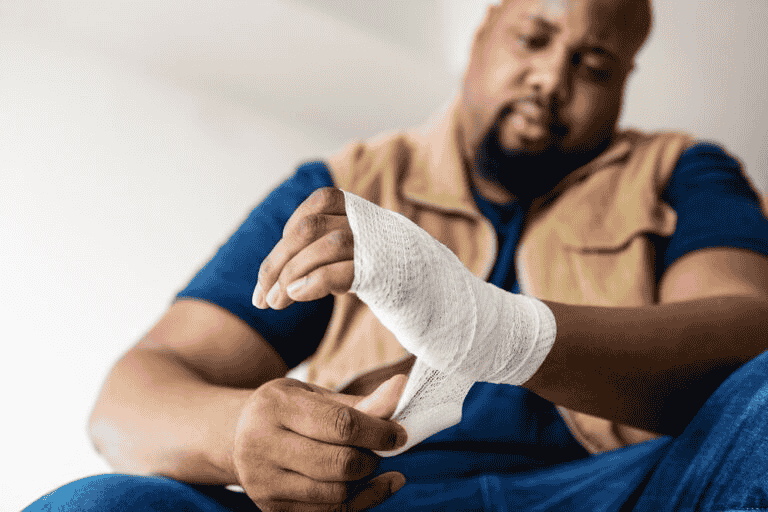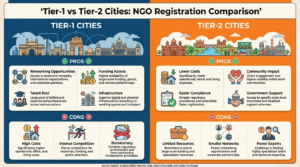A personal injury can turn life upside down in a matter of seconds. Whether it happens in a car accident, at work, or because of unsafe conditions, the effects often last far beyond the initial incident. Victims face pain, stress, and confusion about what steps to take next. Understanding how personal injury cases work is the first step toward regaining control.
Virginia is known for its rich history, scenic landscapes, and fast-growing communities. With so many people living and working here, accidents are unfortunately common. That is why guidance from Virginia personal injury lawyers can be so important. They help victims navigate the legal process and secure fair compensation during a very difficult time.
What Counts as a Personal Injury Case?
A personal injury case arises when someone suffers harm because of another person’s negligence or wrongful actions. In Virginia, these cases may include:
- Car, truck, or motorcycle accidents
- Slip-and-fall incidents
- Workplace injuries
- Medical malpractice
- Defective product claims
The common thread is that someone else’s carelessness or misconduct caused the injury.
The Role of Negligence in Virginia
Negligence is at the heart of most personal injury claims. In simple terms, it means one person had a duty to act responsibly but failed to do so. For example, a driver who texts while driving may cause an accident. In Virginia, proving negligence is key to building a strong case.
The Contributory Negligence Rule
One of the most important things victims should know about Virginia law is the rule of contributory negligence. Unlike many states, Virginia follows a very strict standard. If the victim is found even slightly at fault for the accident, they may not be able to recover compensation.
This rule makes it critical to have strong evidence and skilled legal representation. Small details can make a big difference in the outcome of a case.
Steps in a Personal Injury Case
Every case is different, but most follow a general process:
- Initial consultation – The victim meets with a lawyer to discuss the case.
- Investigation – Medical records, police reports, and witness statements are gathered.
- Filing a claim – The lawyer submits a claim to the responsible party or their insurance company.
- Negotiation – Many cases are settled before trial through negotiations.
- Trial – If no settlement is reached, the case may go to court.
Having clear guidance during each step helps victims feel more confident about the process.
Types of Compensation Available
In Virginia, victims may be able to recover several types of damages, including:
- Medical expenses for current and future treatment
- Lost wages if the injury prevents work
- Pain and suffering for physical and emotional hardship
- Property damage if personal belongings were affected
The exact amount depends on the severity of the injury and the evidence presented.
The Importance of Acting Quickly
Virginia has a statute of limitations for personal injury cases. In most situations, victims have two years from the date of the injury to file a claim. Waiting too long can mean losing the right to seek compensation. That is why it is best to speak with a lawyer as soon as possible after an accident.
How Virginia Personal Injury Lawyers Help
Legal professionals play a vital role in personal injury cases. They gather evidence, work with medical experts, and negotiate with insurance companies. They also make sure victims understand their rights and avoid mistakes that could weaken their case.
Having an experienced lawyer on your side can make the process less overwhelming and increase the chances of a fair outcome.
Key Takeaways
- Personal injury cases in Virginia arise when someone is harmed by another’s negligence.
- Common cases include car accidents, slip-and-fall incidents, medical malpractice, and workplace injuries.
- Virginia follows a strict contributory negligence rule, meaning even slight fault by the victim can block compensation.
- The process includes consultation, investigation, filing a claim, negotiation, and possibly a trial.
- Victims may recover medical expenses, lost wages, pain and suffering, and property damages.
- Virginia personal injury lawyers guide victims through the process and fight for fair compensation.
- Victims should act quickly due to the two-year statute of limitations.





Be First to Comment